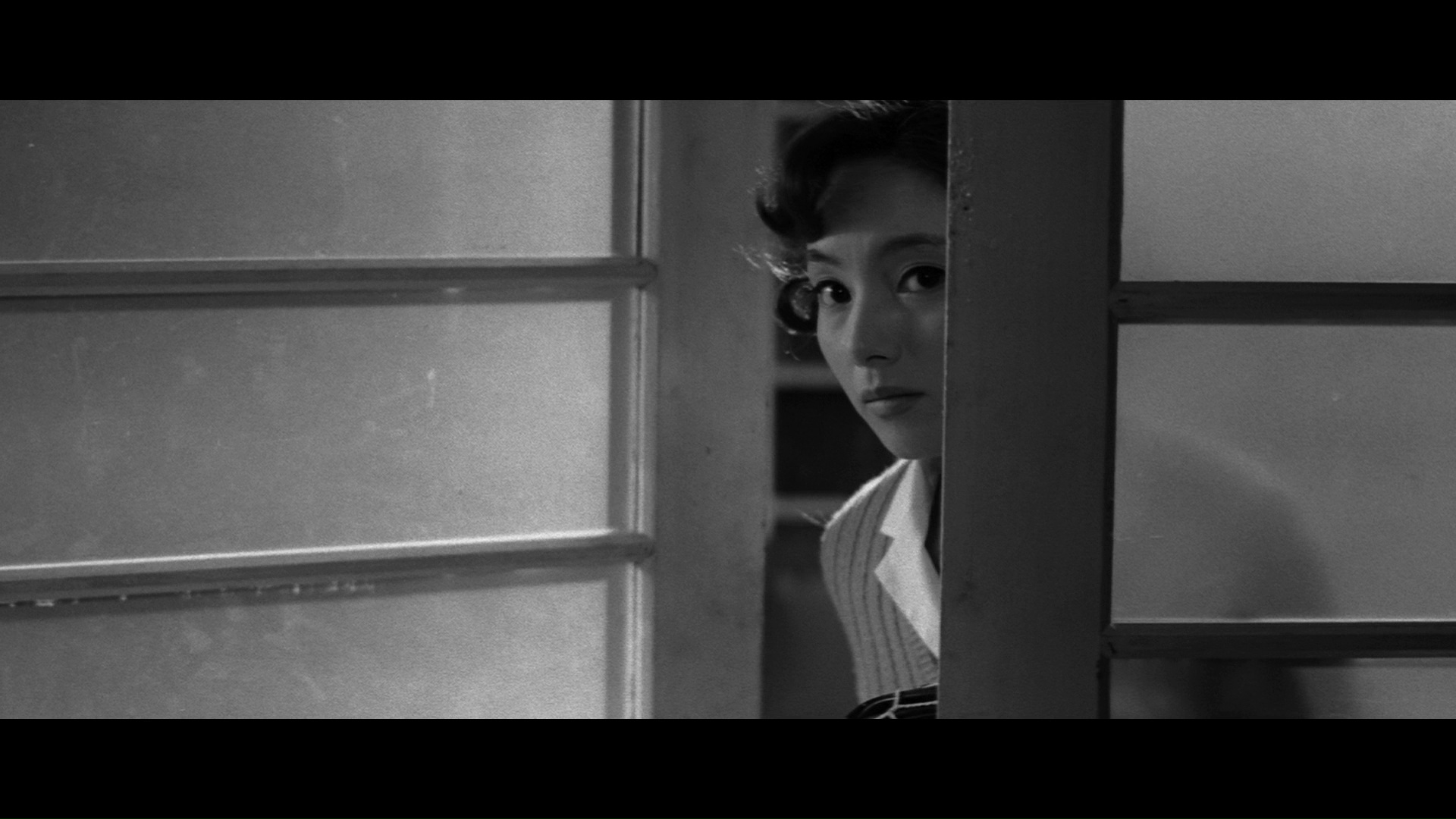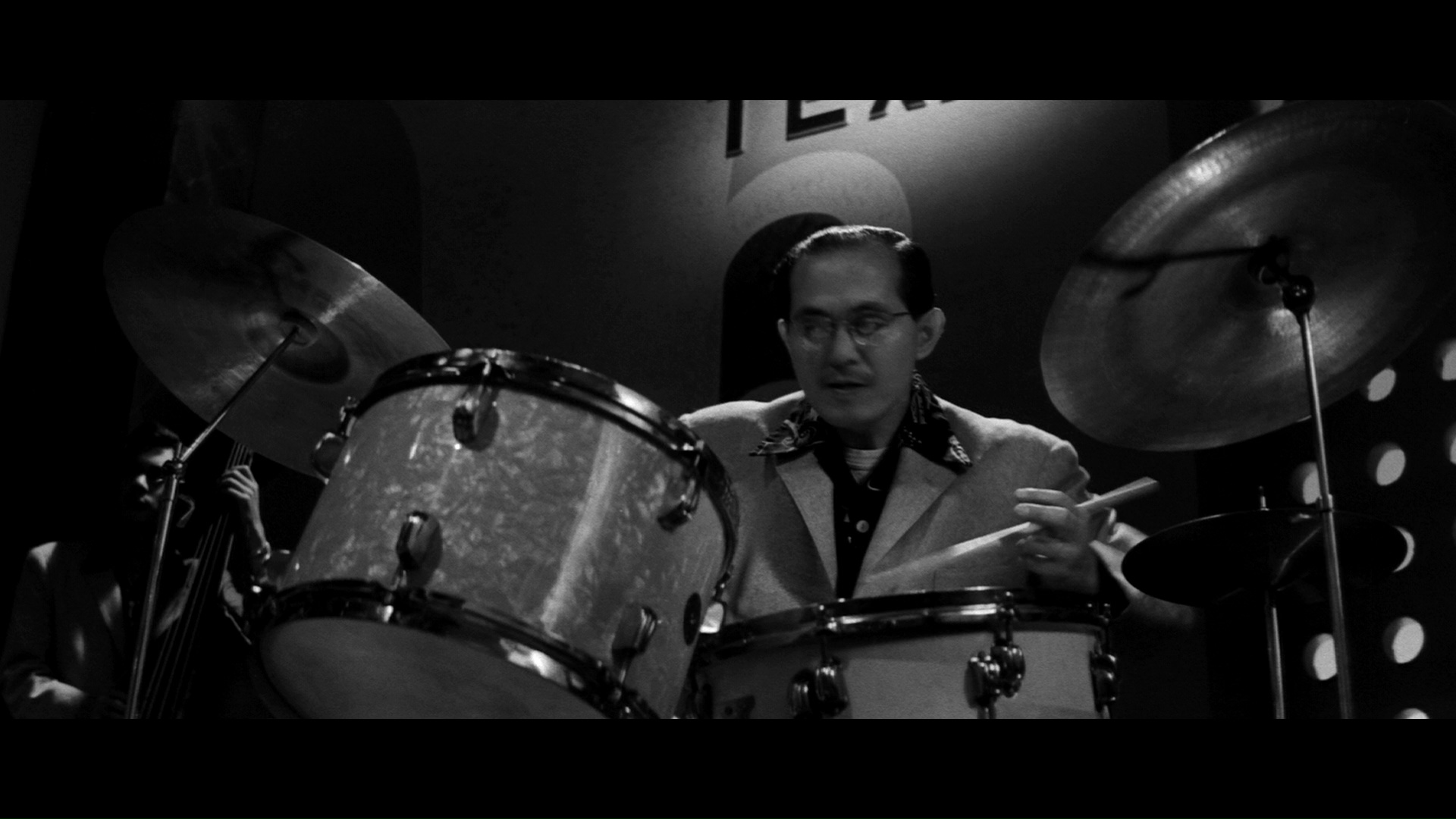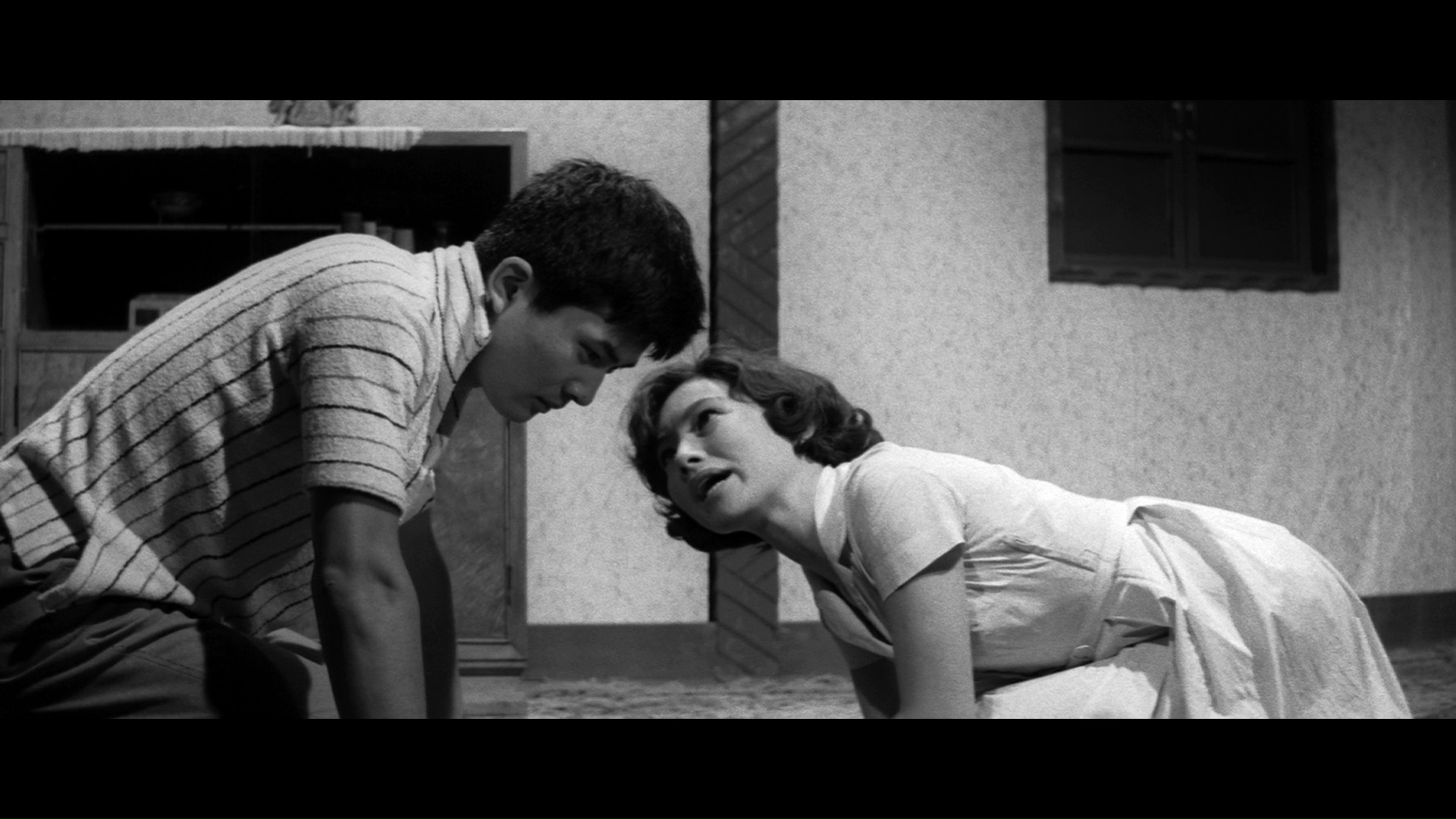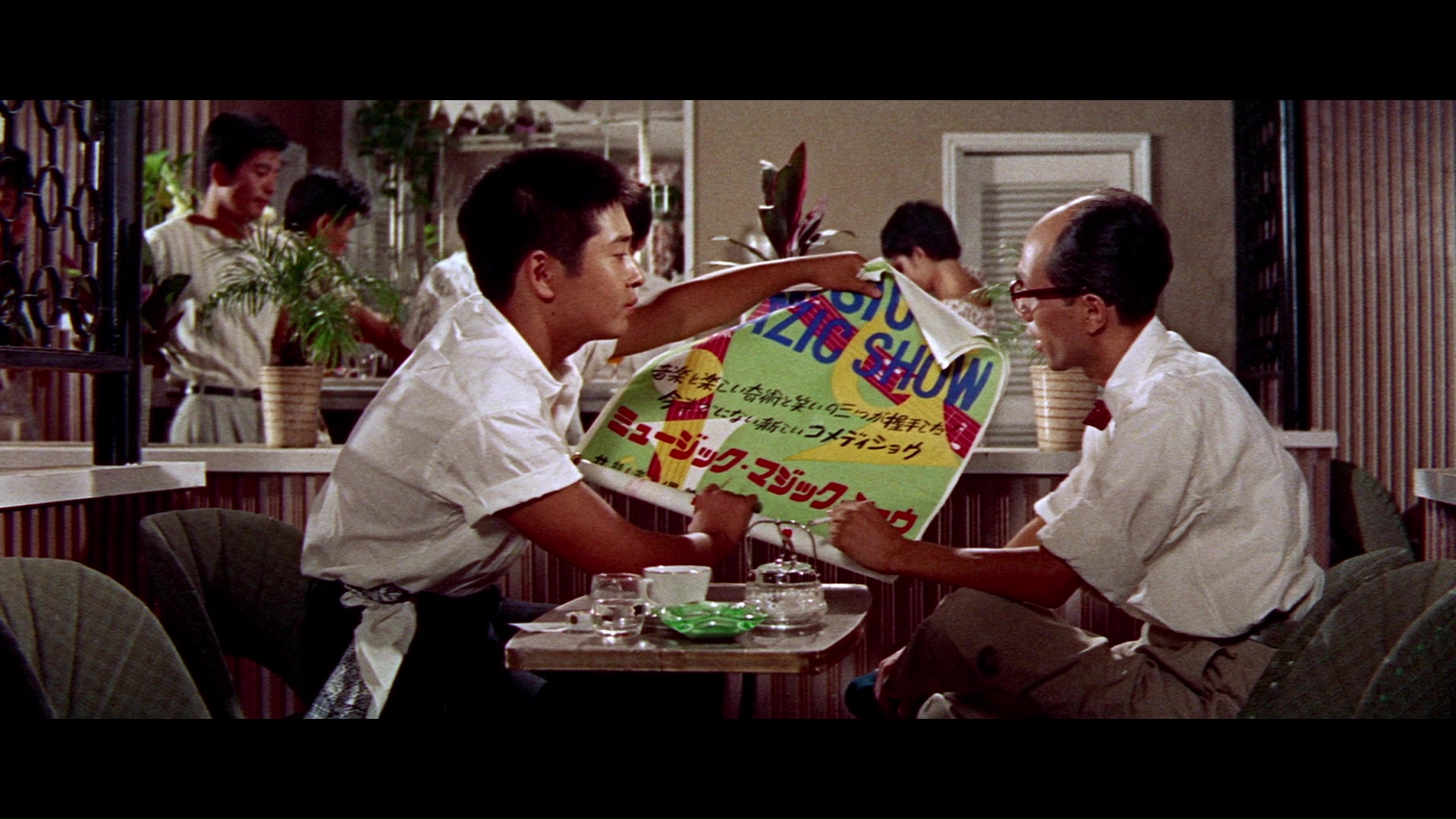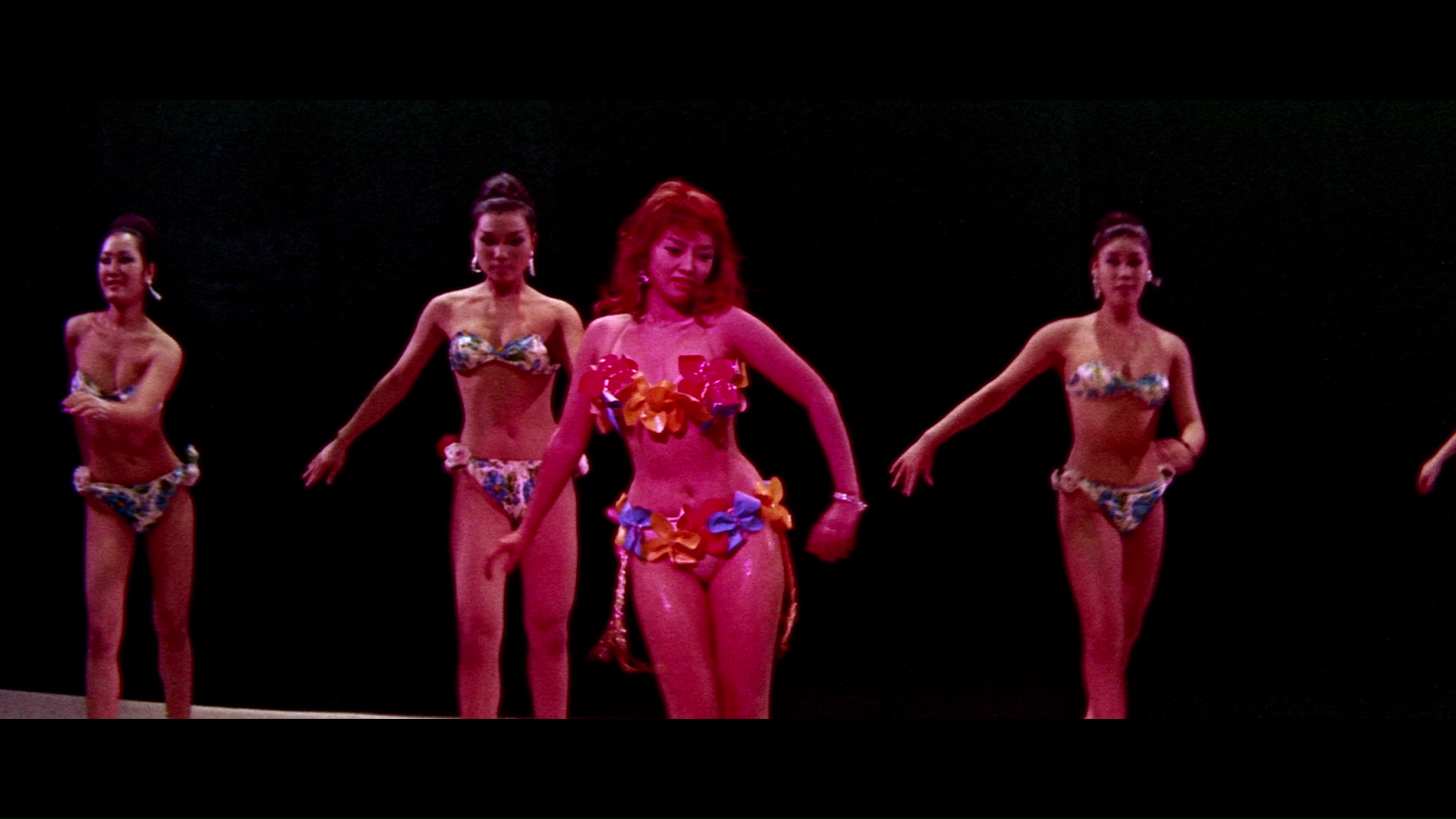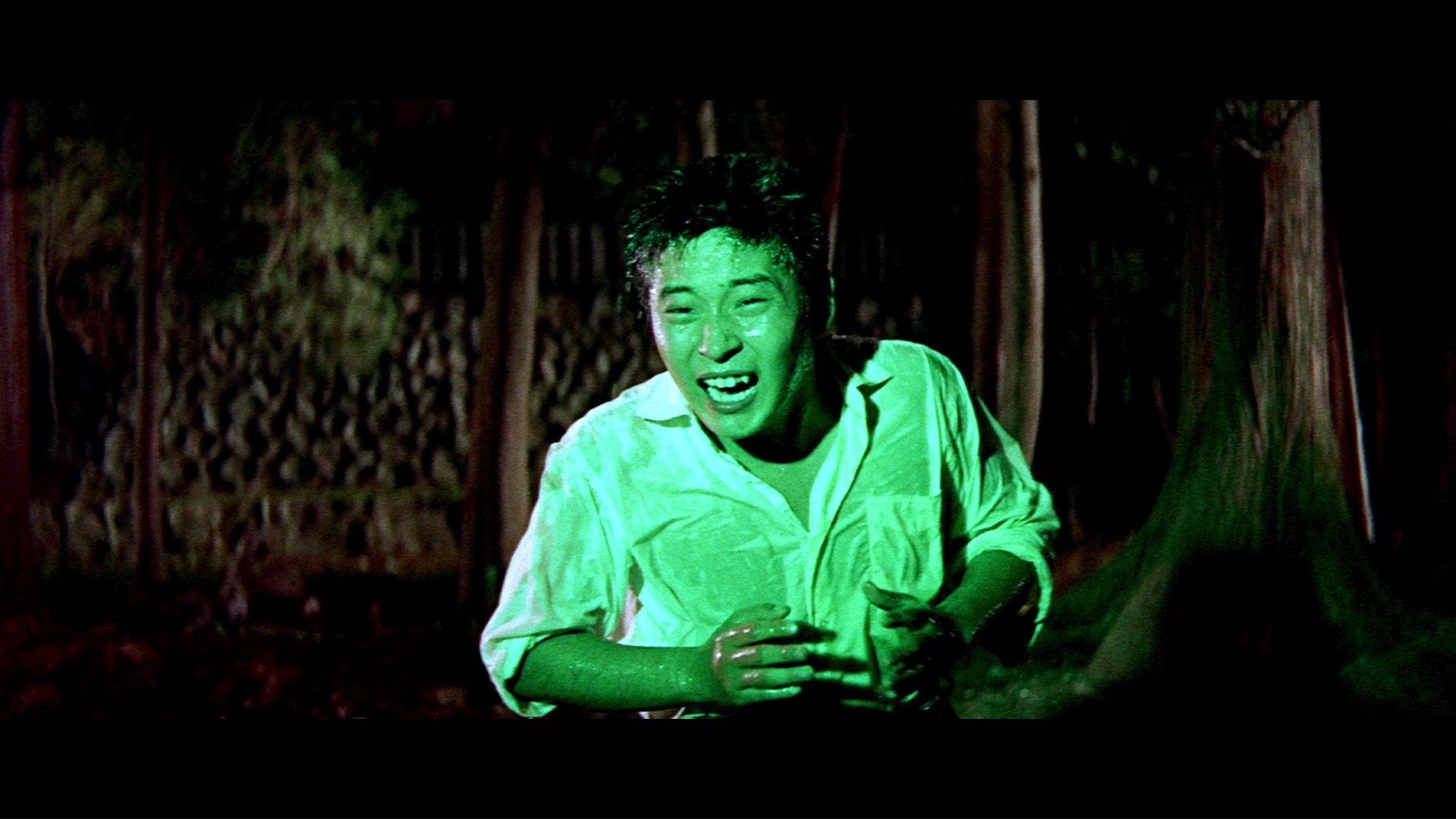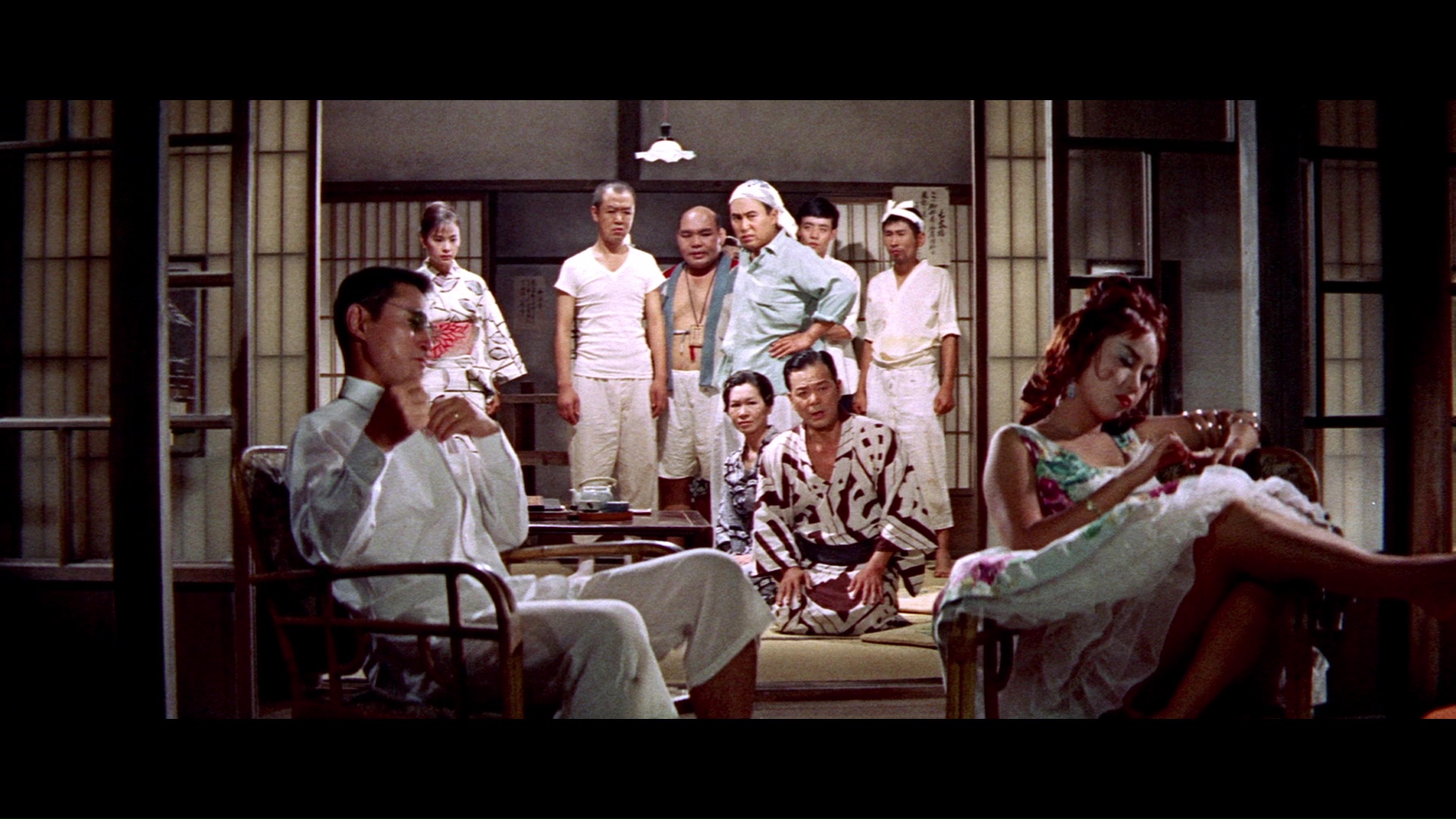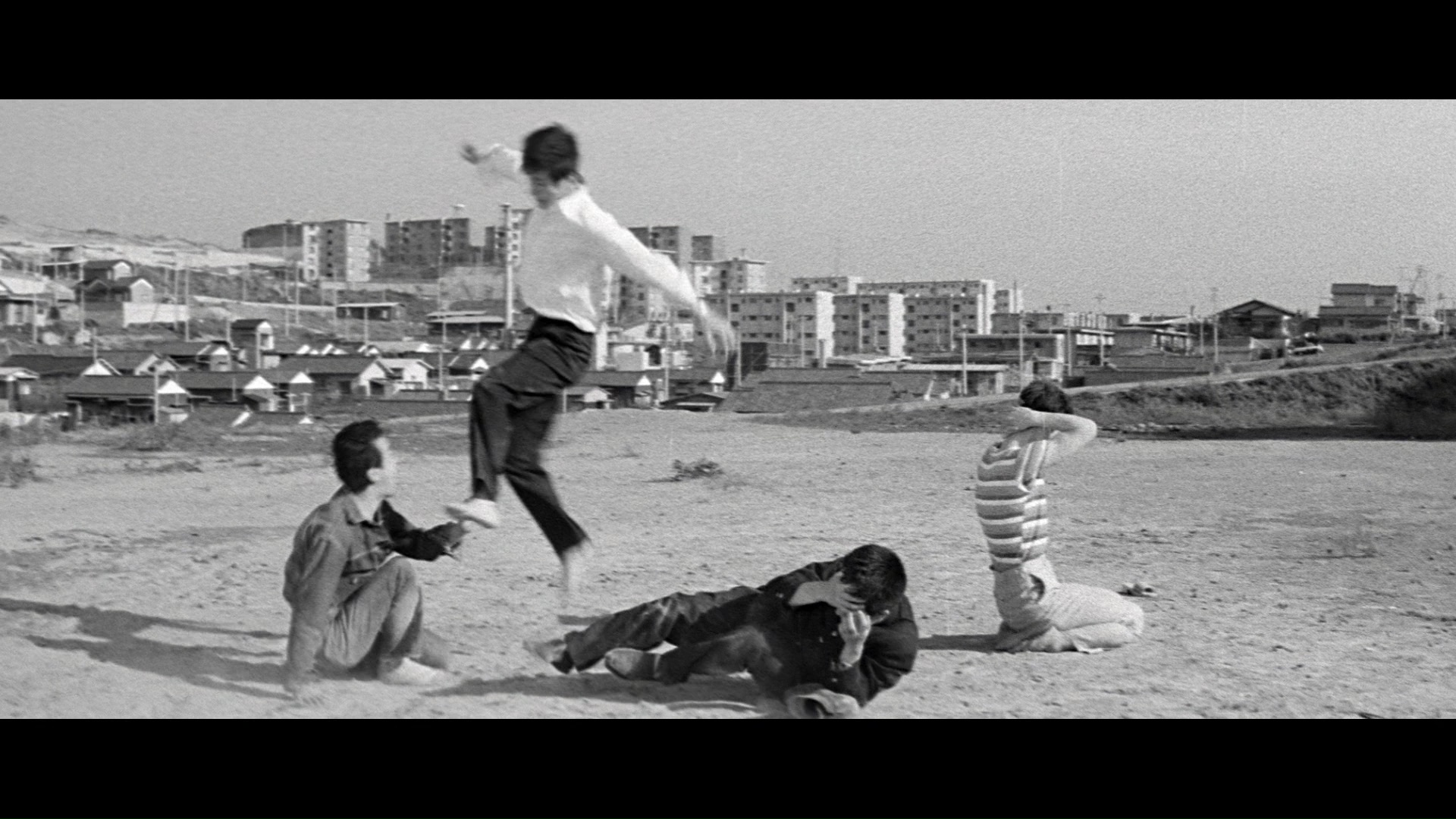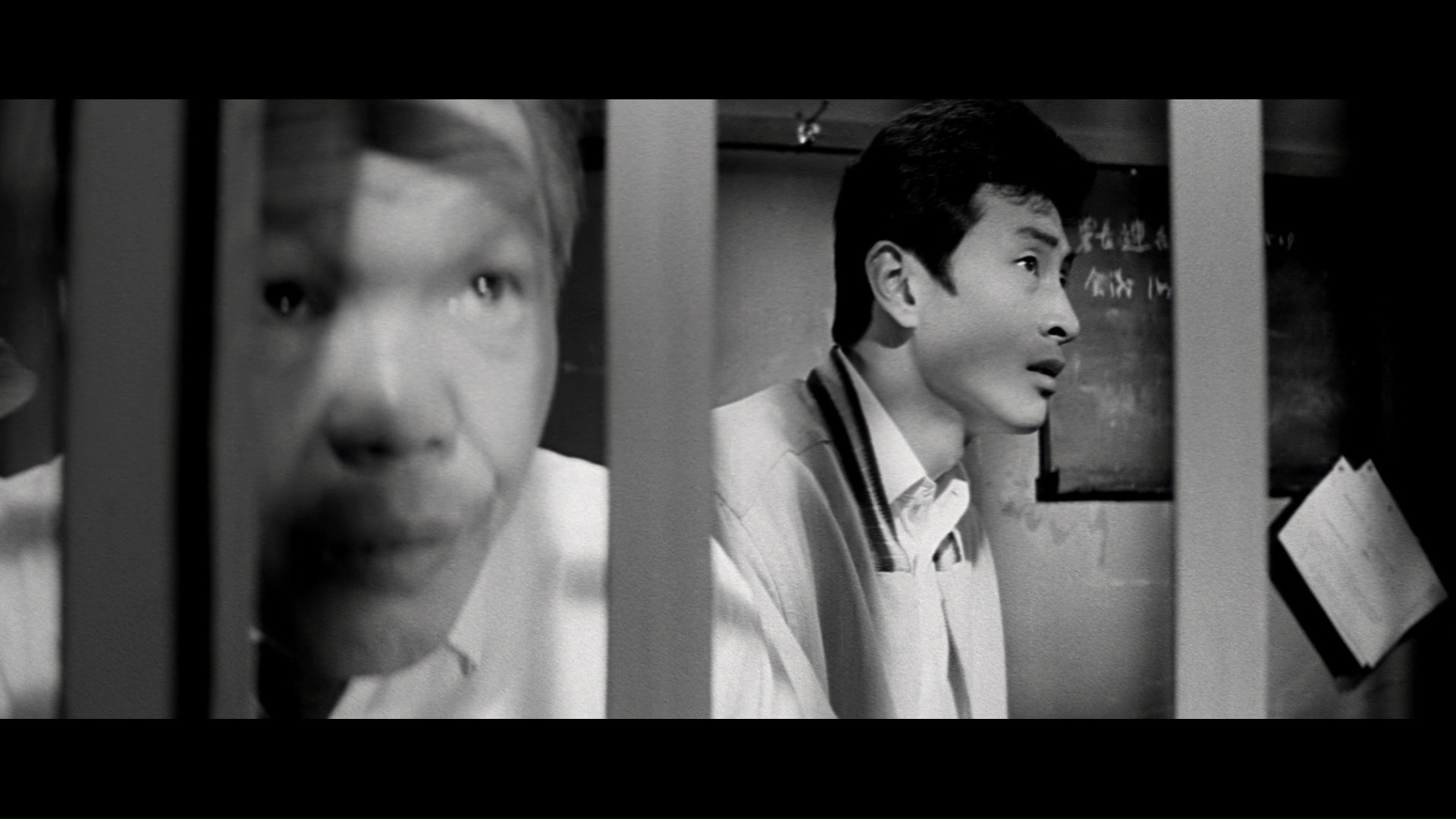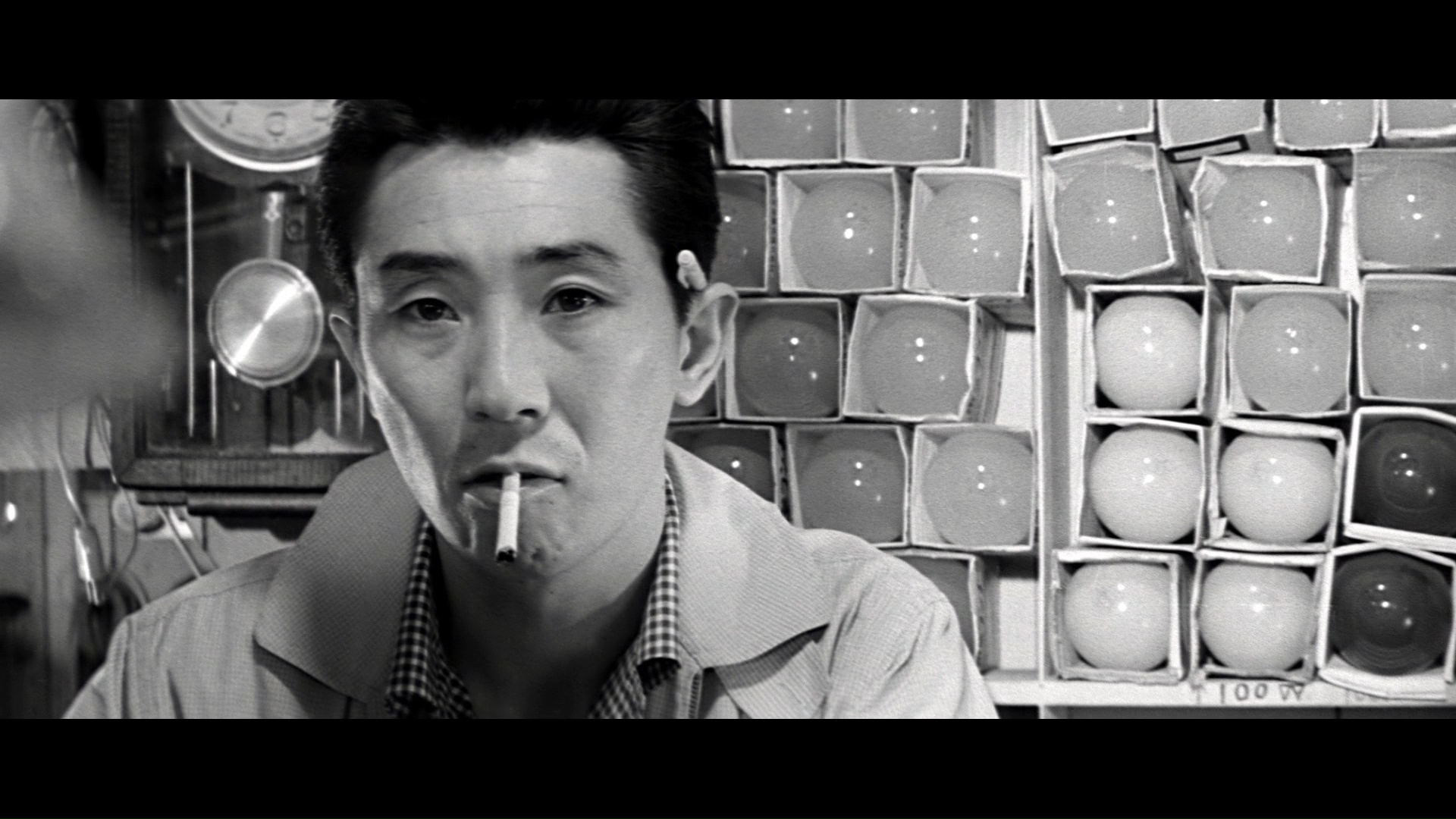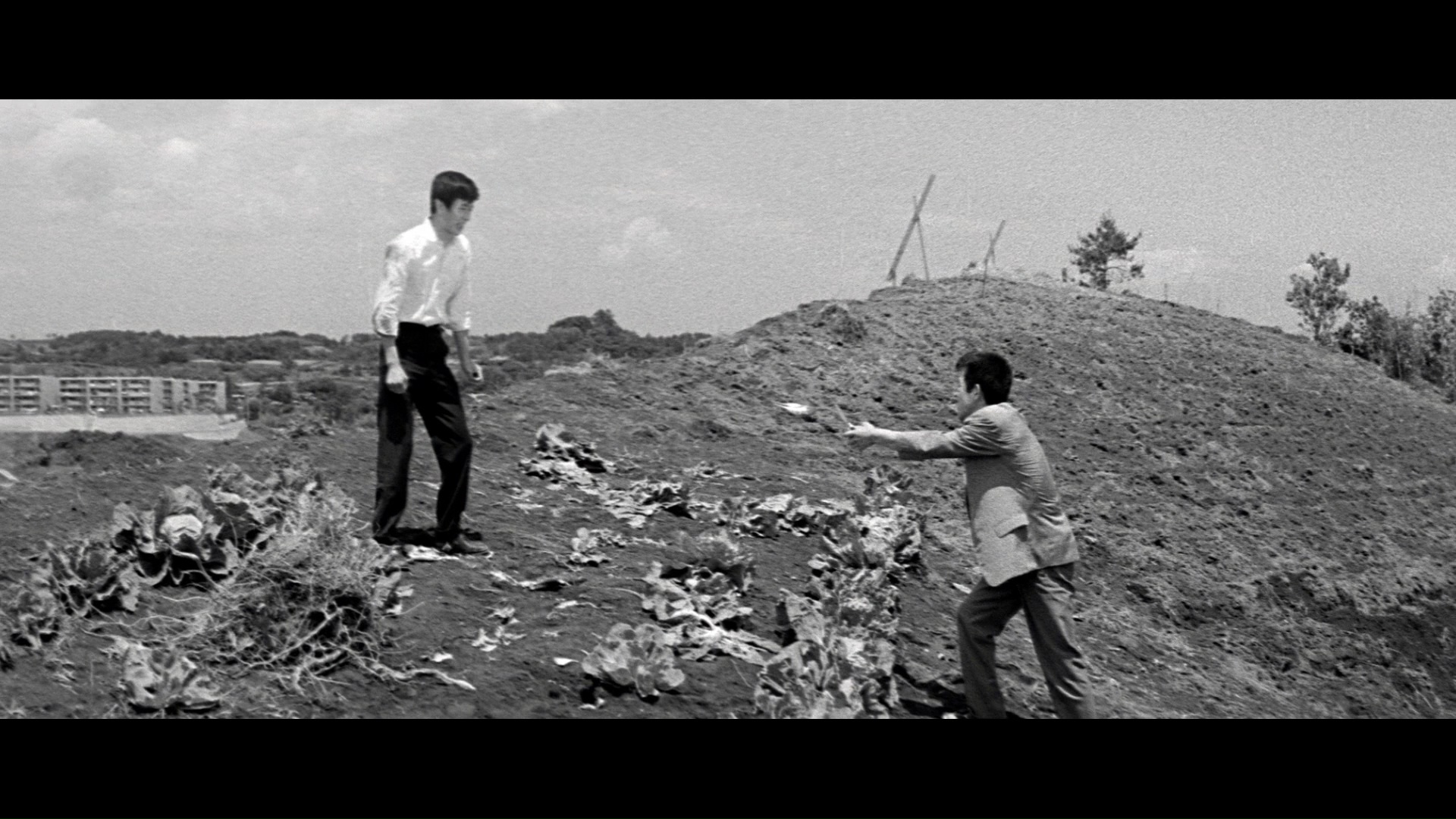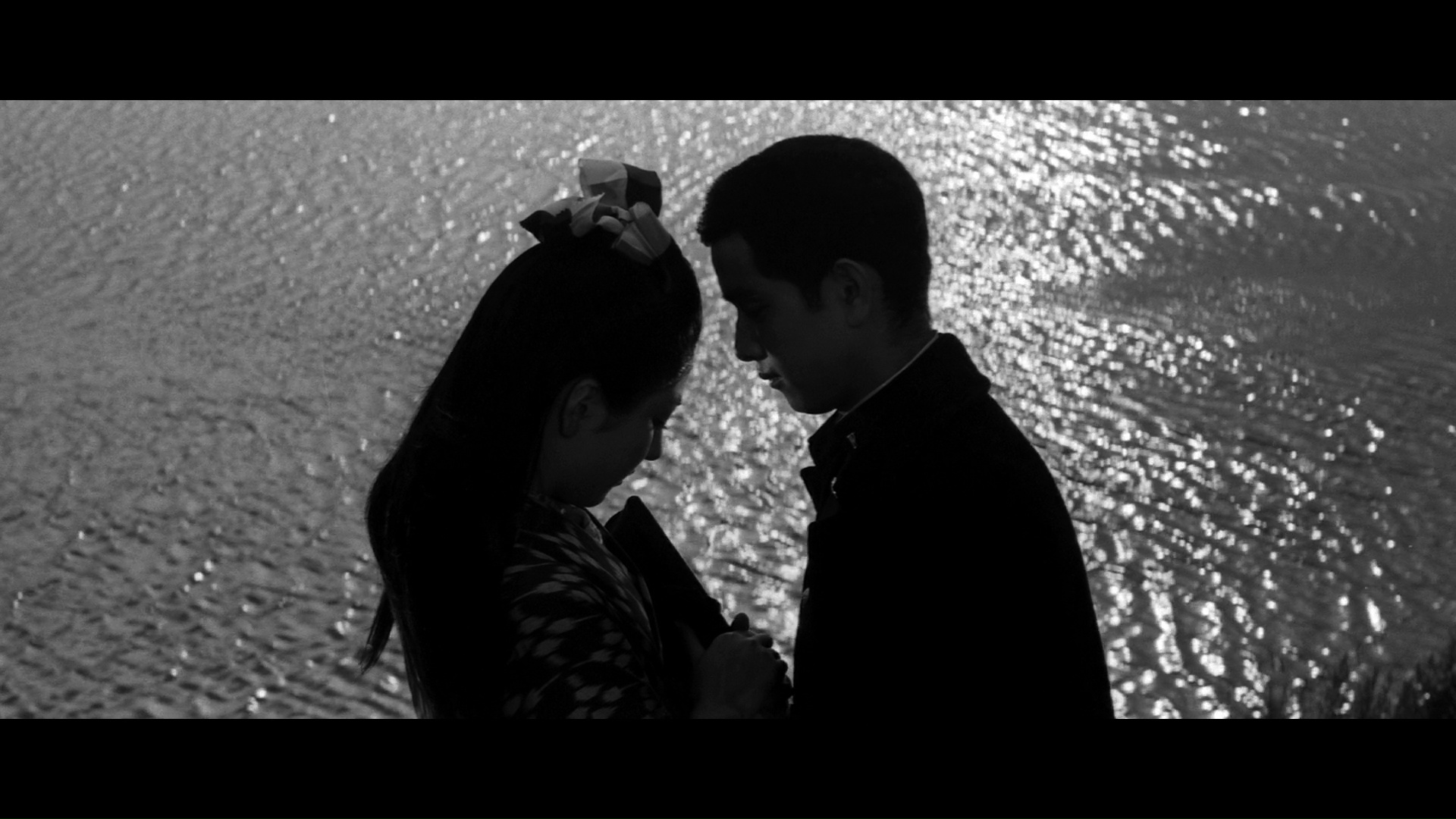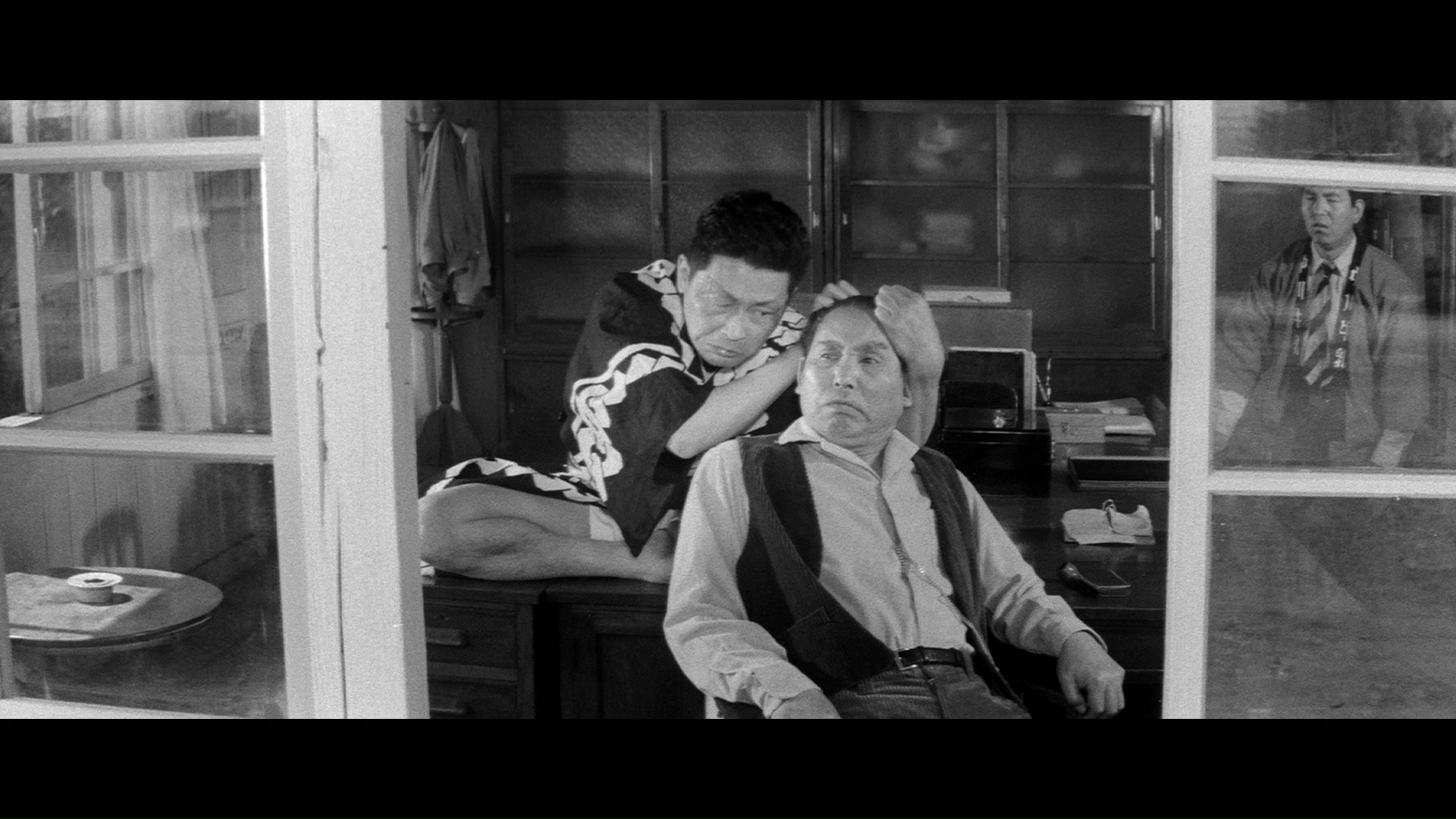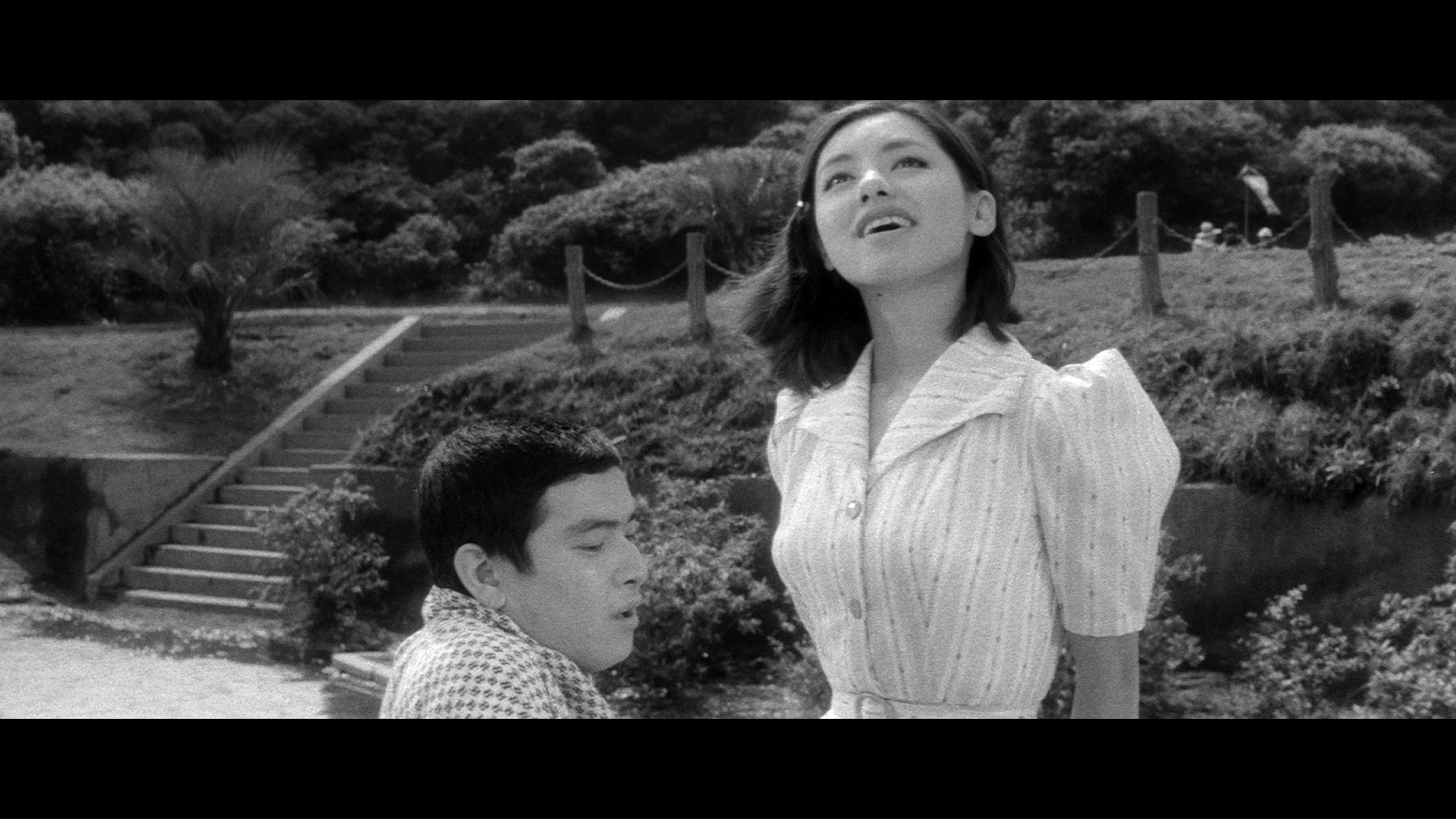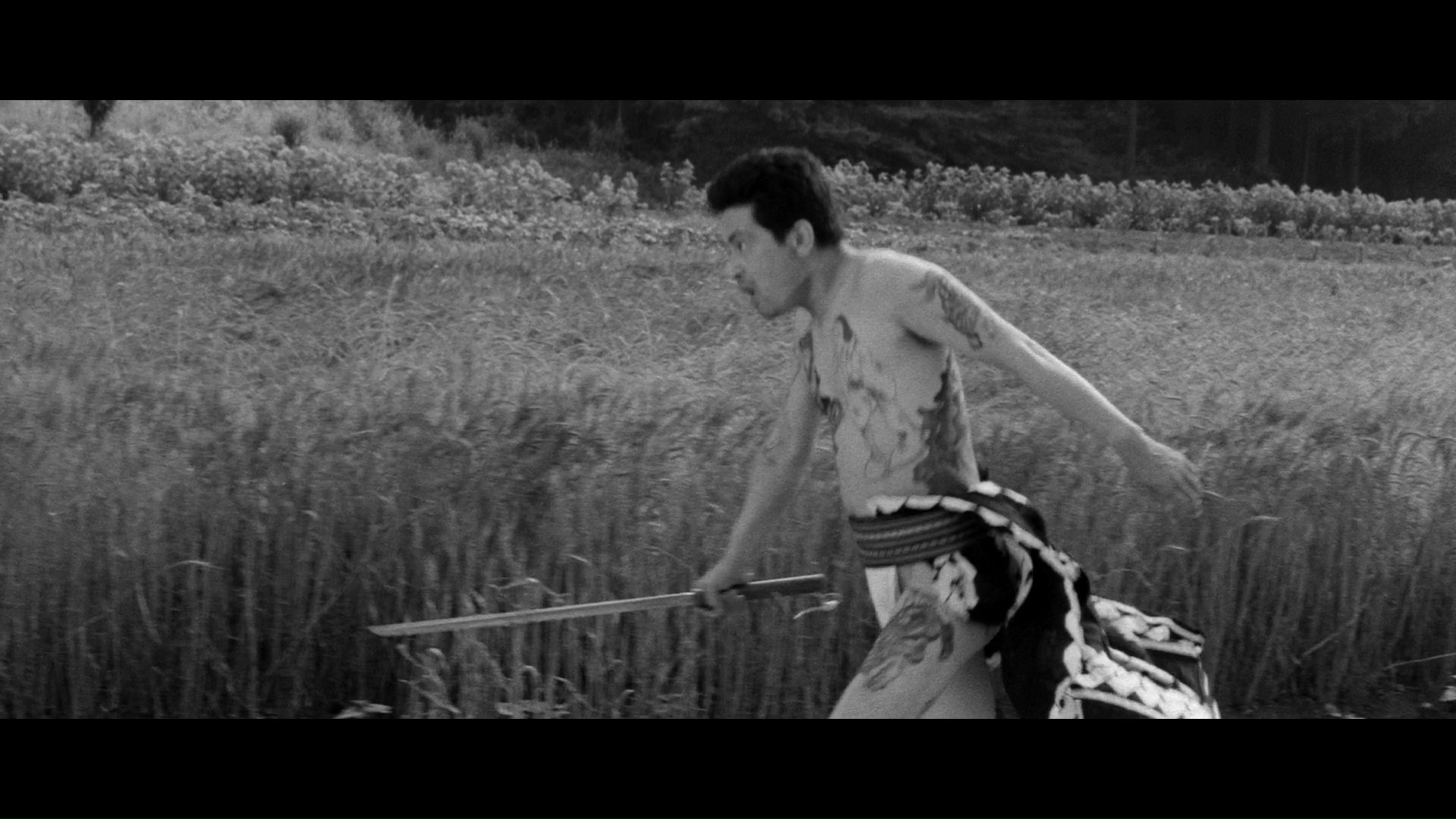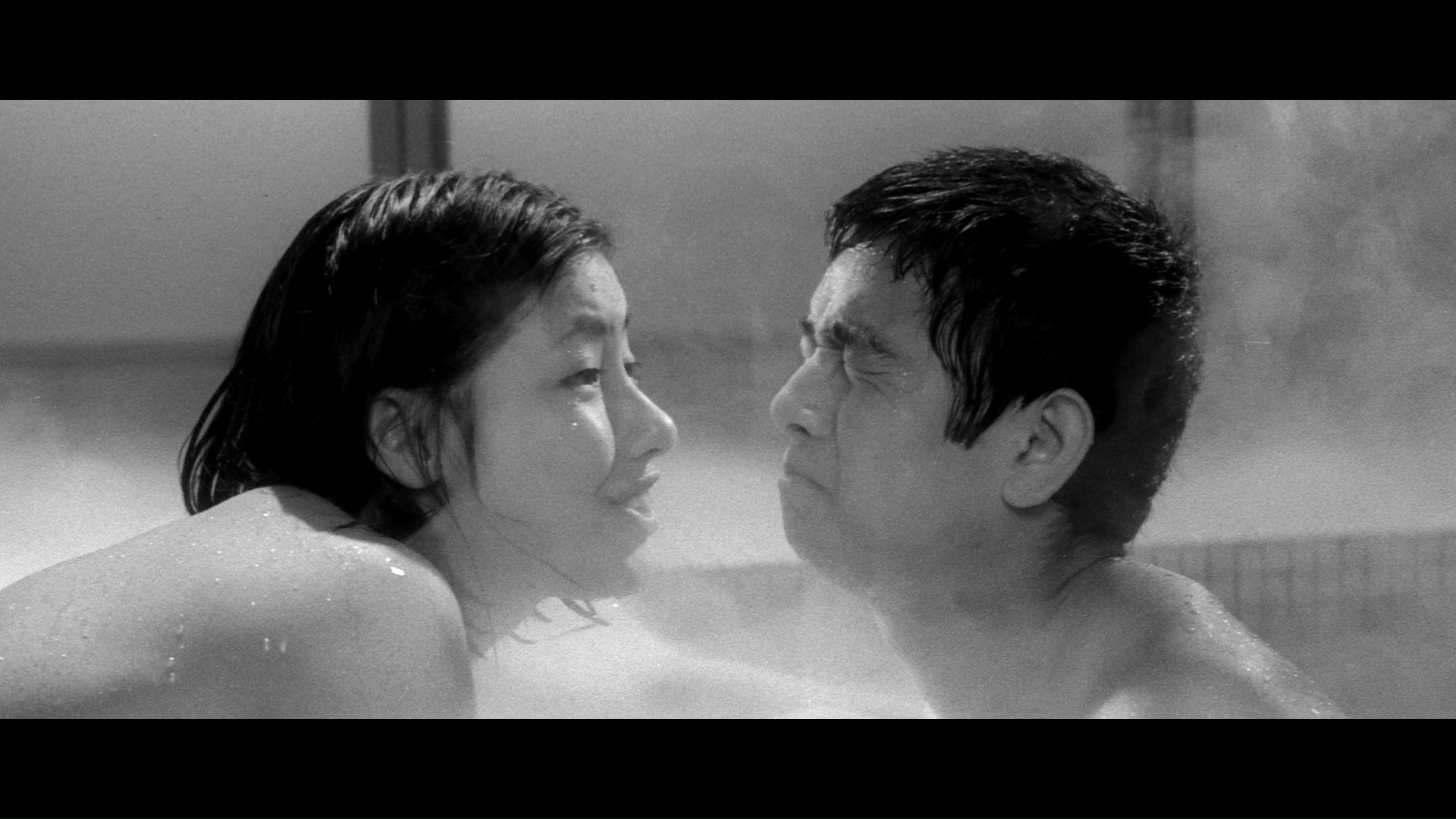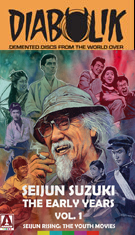
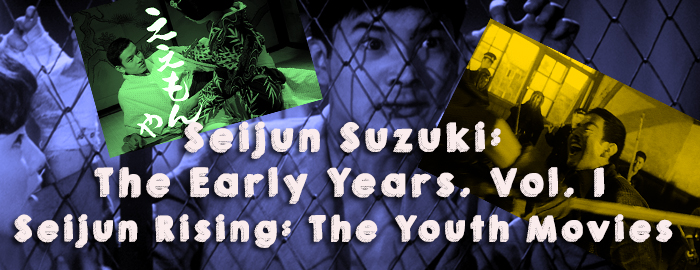
THE WIND-OF-YOUTH GROUP CROSSES THE MOUNTAIN PASS THE INCORRIGIBLE BORN UNDER CROSSED STARS
THE BOY WHO CAME BACK
B&W, 1958, 99 mins. 12 secs.
Directed by Seijun Suzuki
Starring Sachiko Hidari, Akira Kobayashi, Ruriko Asaoka
Color, 1961, 84 mins. 35 secs.
Directed by Seijun Suzuki
Starring Kôji Wada, Mayumi Shimizu, Nobuo Kaneko, Hiroshi Hijikata, Shin Morikawa, Arihiro Fujimura
TEENAGE YAKUZA
B&W, 1962, 71 mins. 57 secs.
Directed by Seijun Suzuki
Starring Tamio Kawaji, Noriko Matsumoto, Keiko Sugiyama
B&W, 1963, 95 mins. 5 secs.
Directed by Seijun Suzuki
Starring Ken Yamauchi, Masako Izumi, Midori Tashiro, Yoko Ozono, Chiharu Kuri, Emiko Azuma
B&W, 1965, 96 mins. 59 secs.
Directed by Seijun Suzuki
Starring Ken Yamauchi, Yumiko Nogawa, Masako Izumi, Jun Tatara, Kotoe Hatsui, Masahiko Tanimura
Arrow Video (Blu-ray & DVD) (US/UK RA/B/0 HD/NTSC/PAL) / WS (2.35:1) (16:9)
